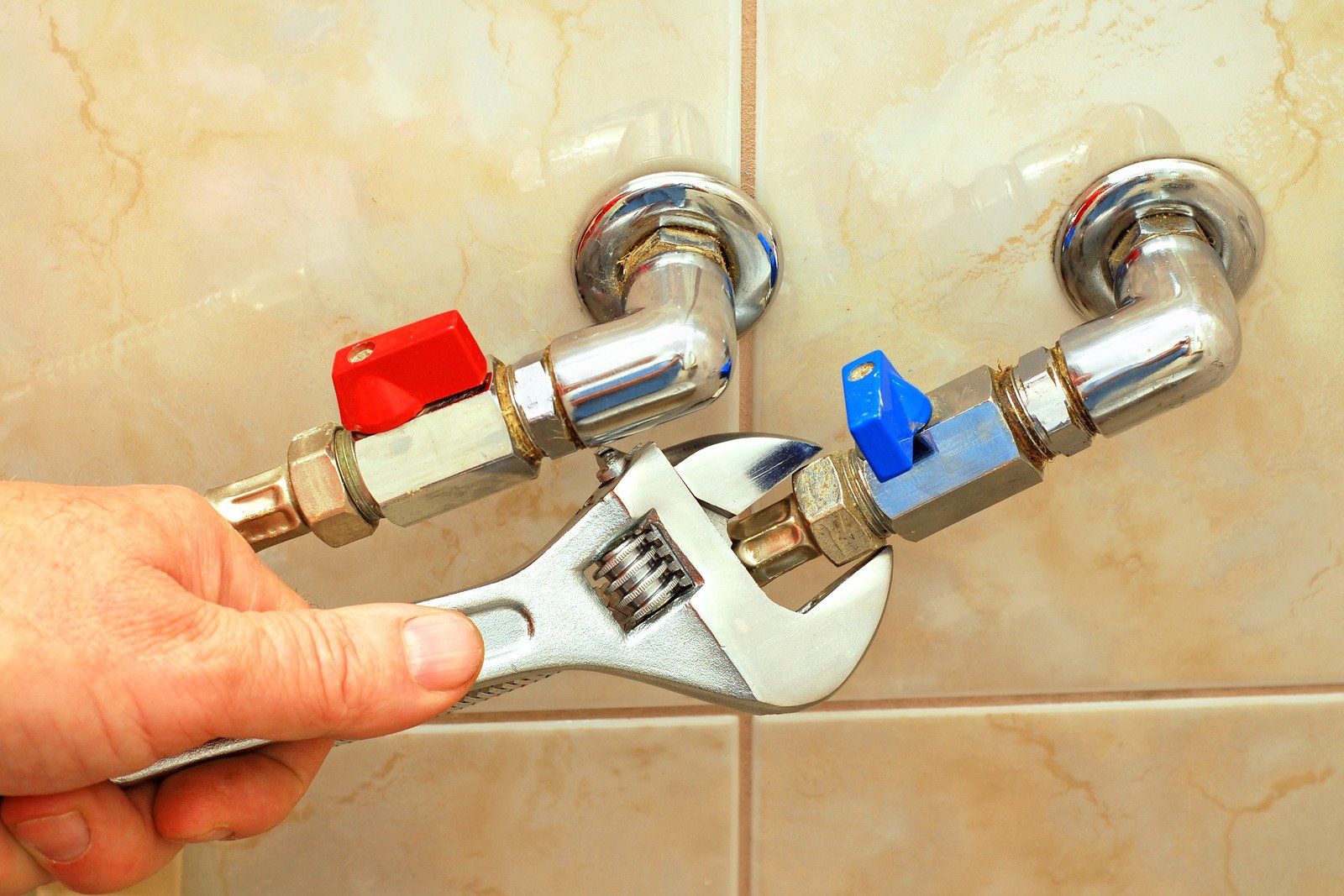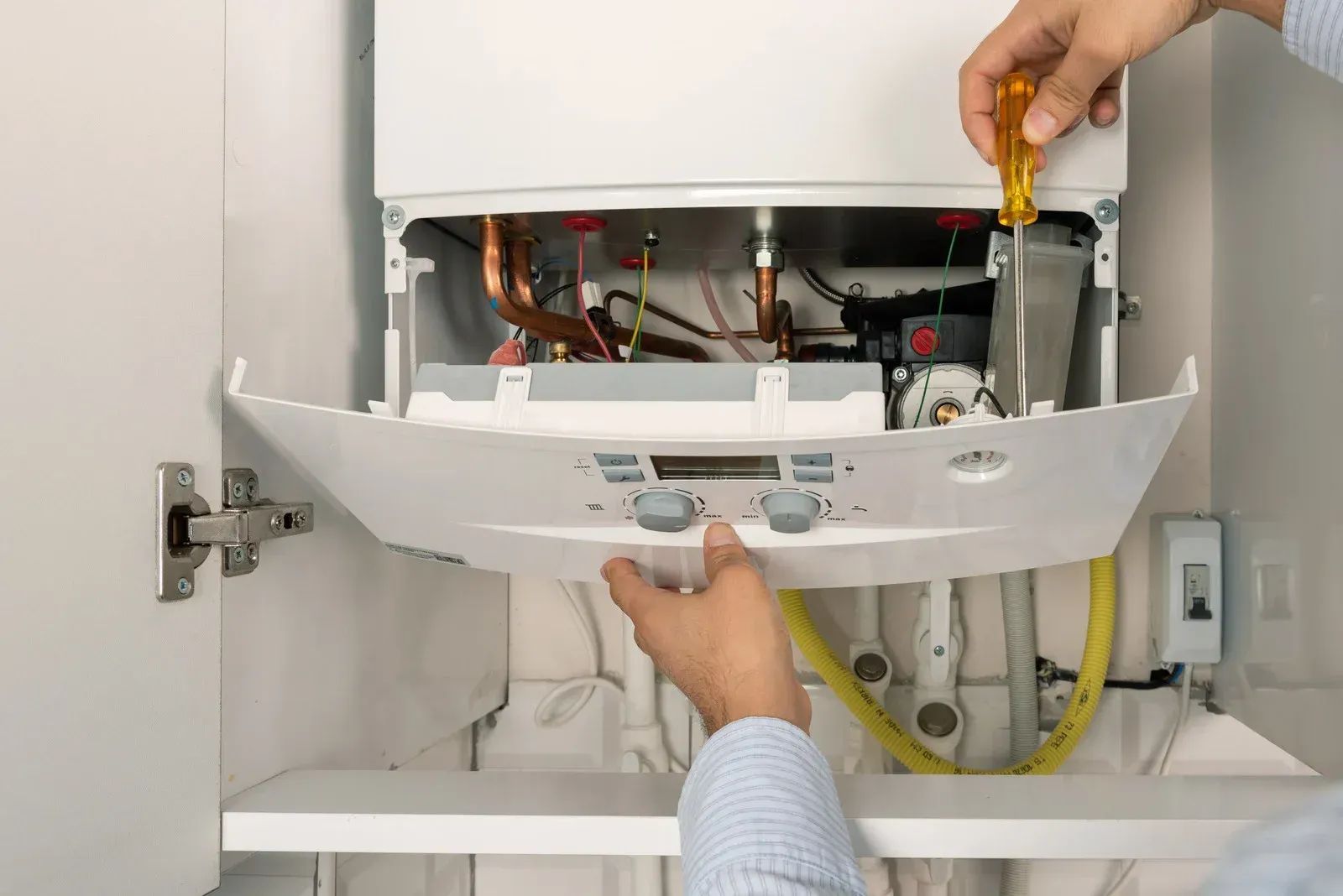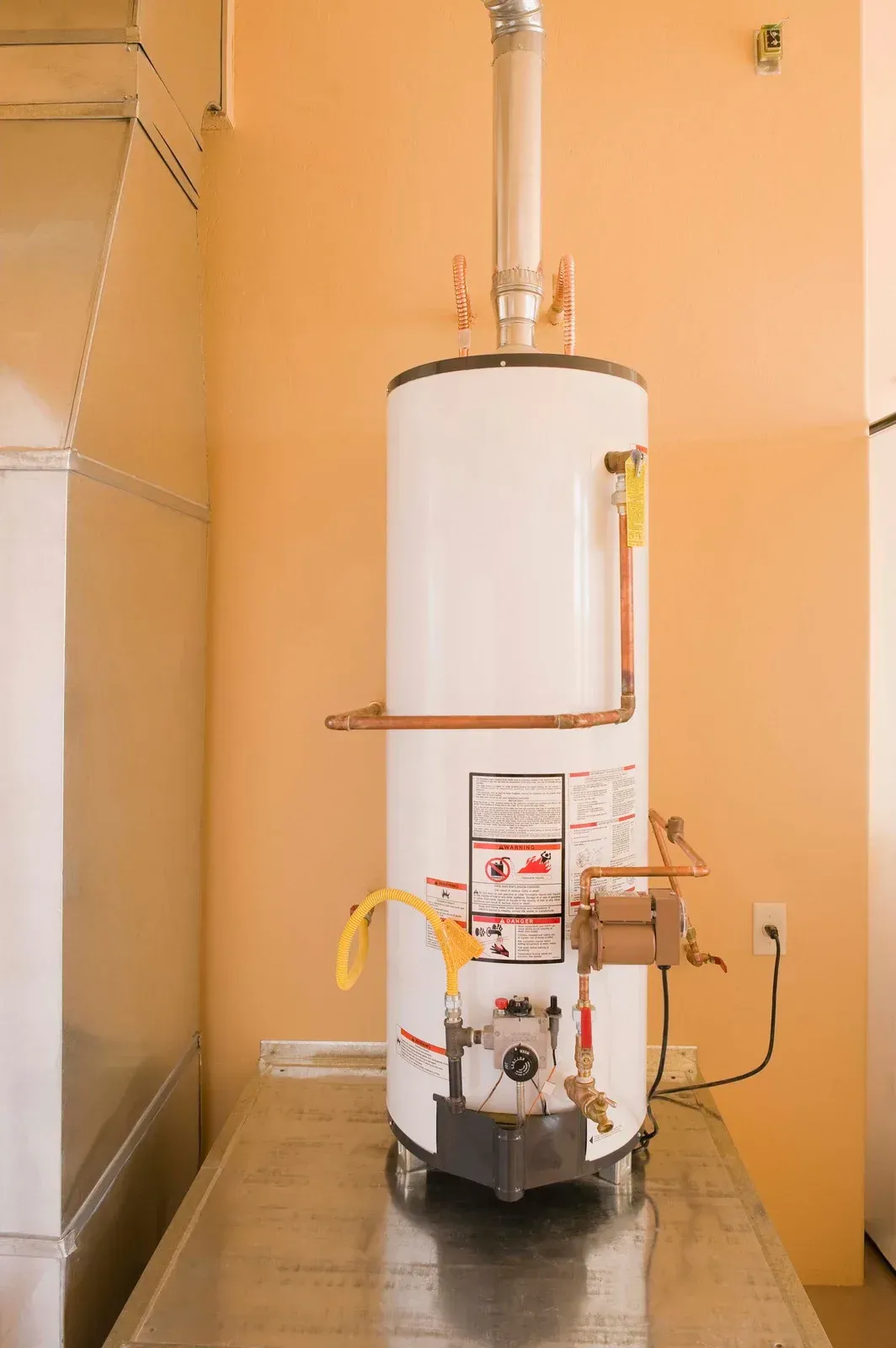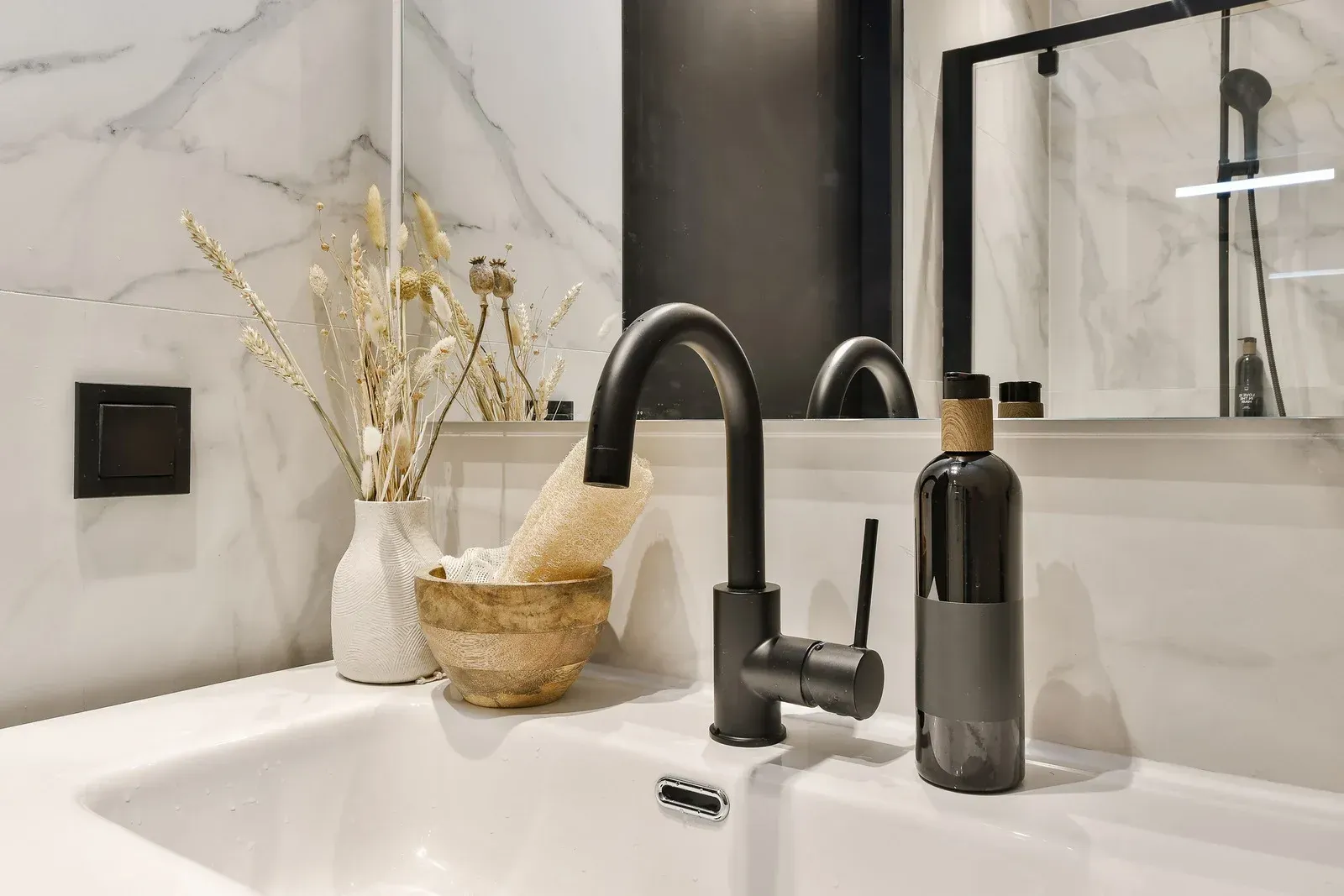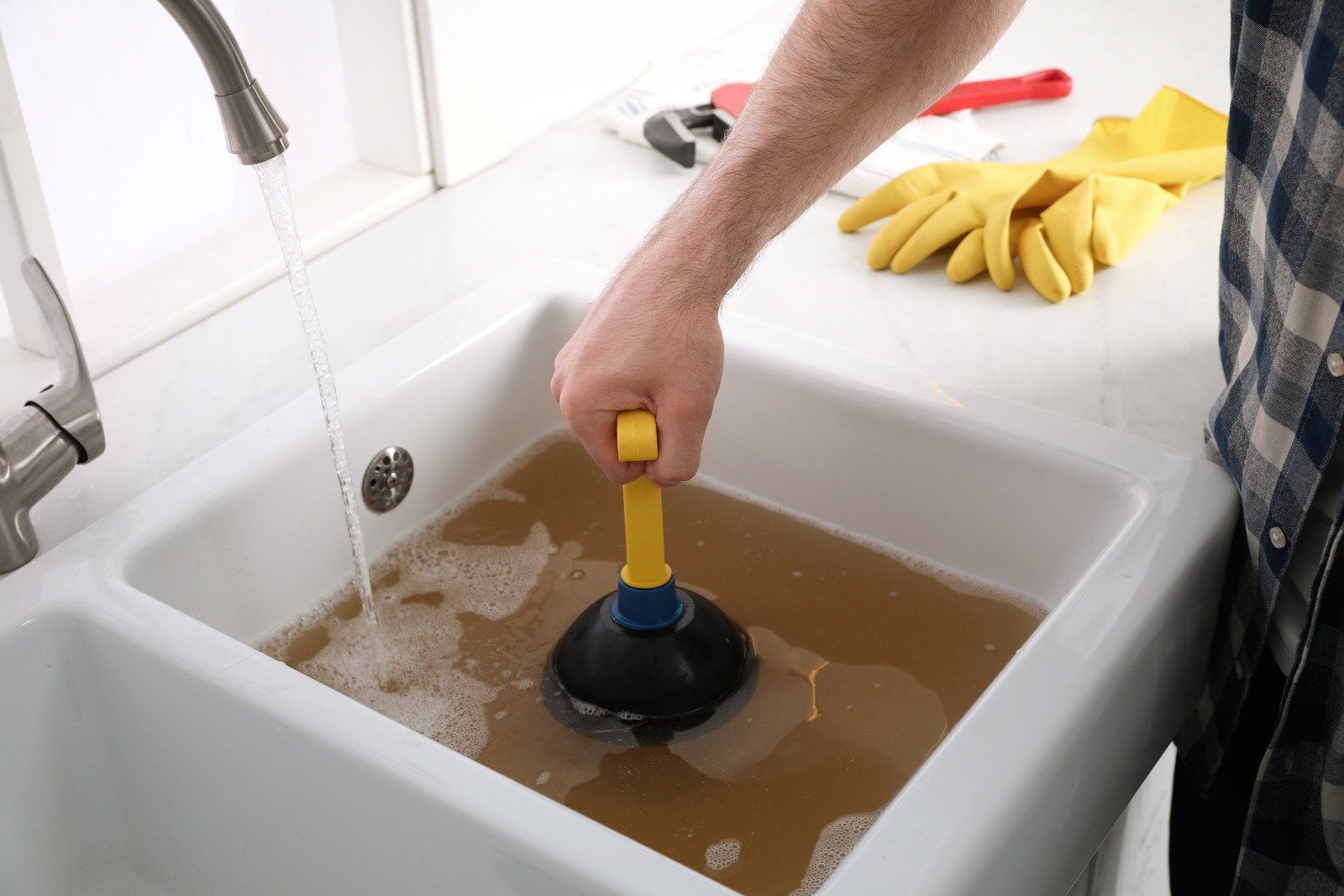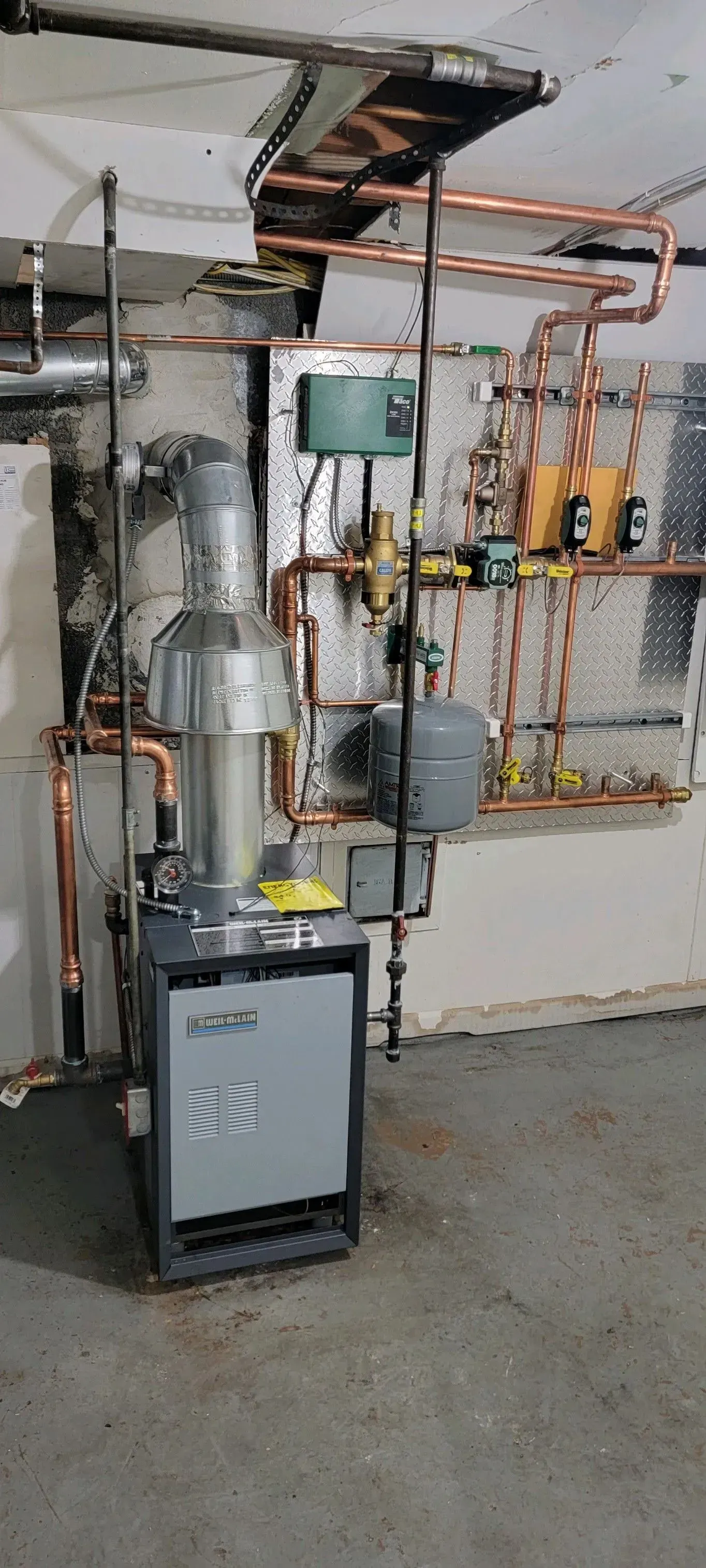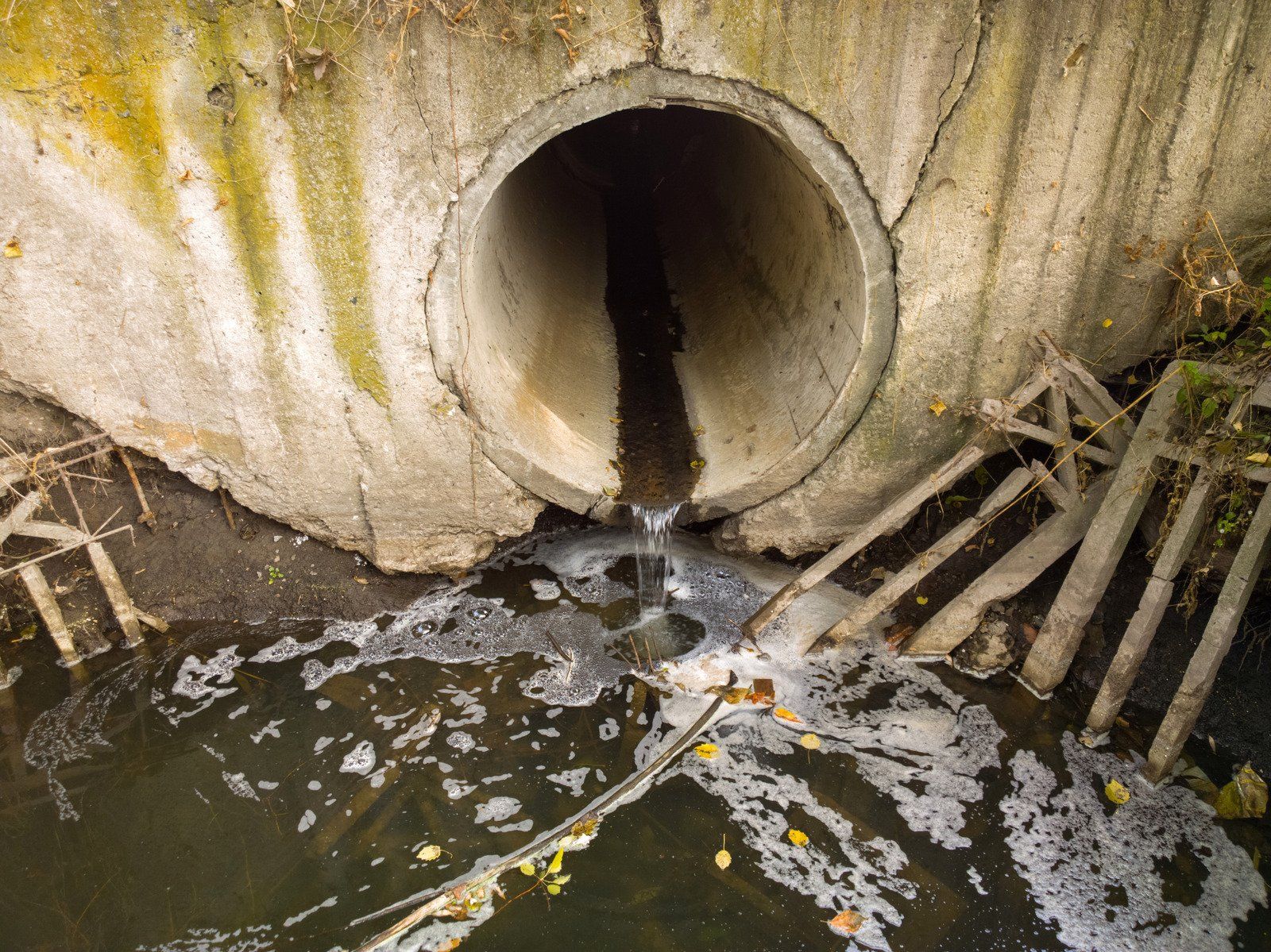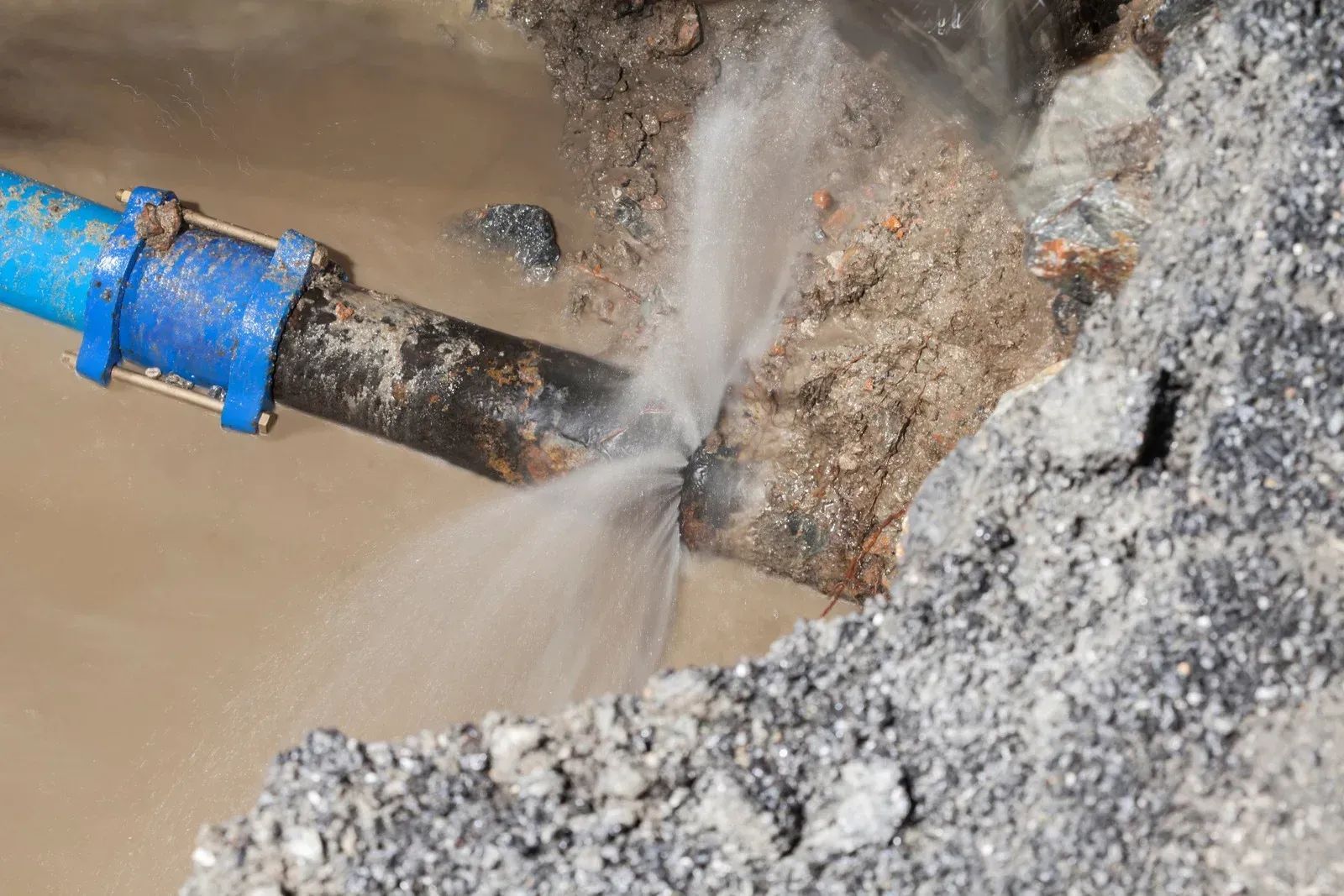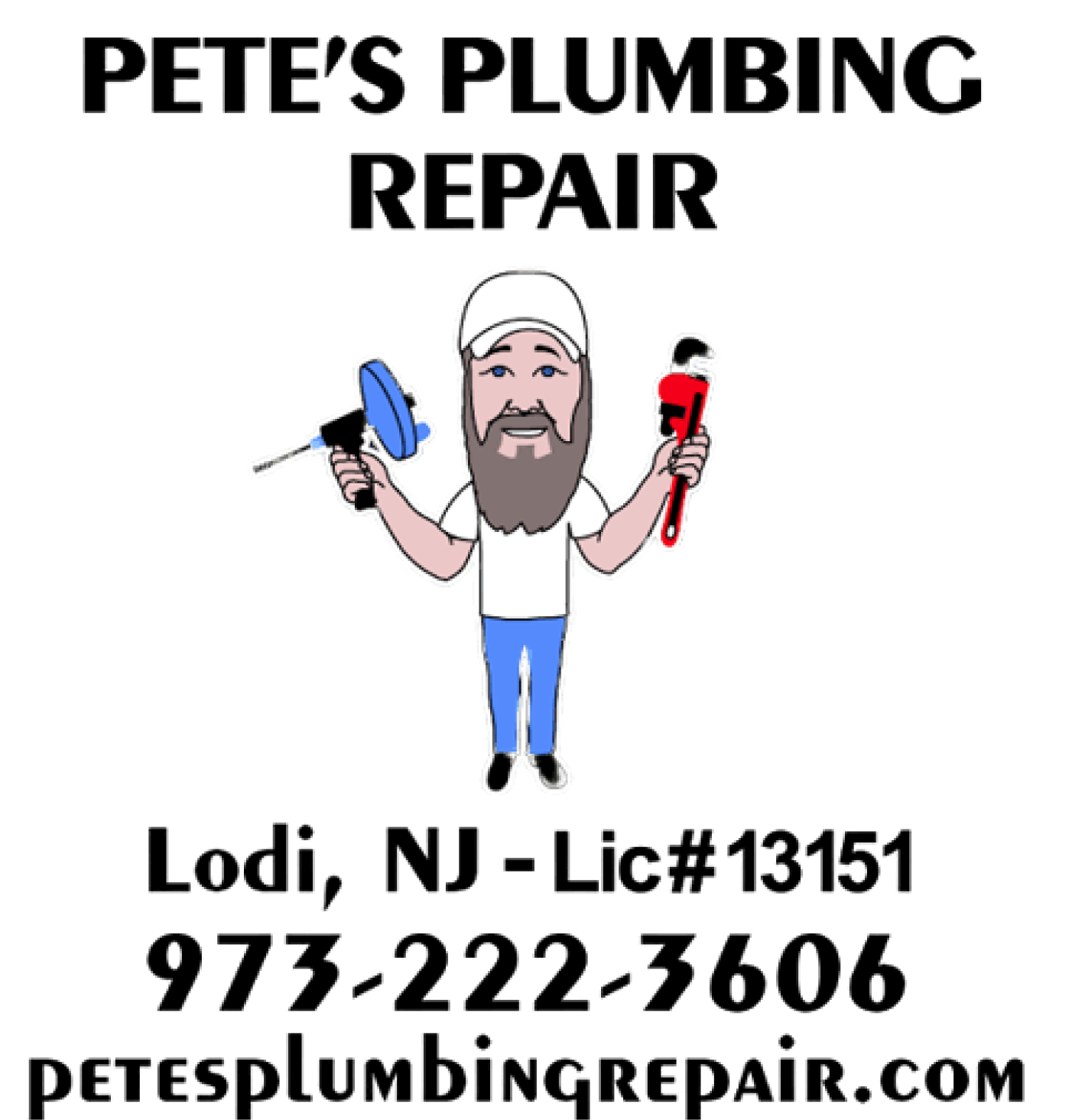7 COMMON CAUSES OF PIPE LEAKS IN RESIDENTIAL AND COMMERCIAL BUILDINGS
Pipe leaks often start small but can quickly lead to serious water damage, higher bills, and structural problems if ignored for too long. Both homes and commercial spaces face similar plumbing challenges, and knowing the common causes of leaks helps property owners take early action before small issues turn into major repairs.
1. Corrosion and Aging Pipes
Over time, metal pipes begin to wear down due to corrosion, especially when exposed to minerals, chemicals, or oxygen in the water. Rust weakens the walls of the pipe, allowing small holes or cracks to form. Once corrosion begins, it spreads slowly but steadily, often out of sight behind walls or under floors.
Older plumbing systems made from galvanized steel or iron are especially vulnerable, and replacing them with modern materials like copper or PEX can help prevent future leaks.
2. High Water Pressure
Excessive water pressure may seem harmless at first because it provides strong flow, but it puts continuous strain on joints, valves, and seals. Over time, that stress causes cracks, loose fittings, and eventually leaks that can burst suddenly.
Professional plumbers can measure and adjust the pressure to a safe level using a regulator, helping you maintain the right balance between performance and safety. Keeping pressure under control protects the entire plumbing system from unnecessary wear.
3. Temperature Fluctuations
Sudden changes between hot and cold temperatures make pipes expand and contract. Repeated expansion weakens connections, causing them to loosen and leak over time. In cold climates, water inside exposed pipes can freeze and expand, leading to burst lines when the ice melts. Proper insulation around pipes and regular seasonal maintenance help protect against leaks caused by temperature stress.
4. Poor Installation or Repairs
Pipes that are not installed correctly are more likely to leak because of weak joints, incorrect fittings, or poor alignment. The same problem occurs when quick or temporary fixes are used instead of professional repairs. Even small mistakes during installation can create pressure points that fail later under normal use. Hiring licensed plumbers ensures every connection is secure, sealed, and tested for long-term durability.
5. Clogs and Blockages
Pipes that are not installed correctly are more likely to leak because of weak joints, incorrect fittings, or poor alignment. The same problem occurs when quick or temporary fixes are used instead of professional repairs. Even small mistakes during installation can create pressure points that fail later under normal use. Hiring licensed plumbers ensures every connection is secure, sealed, and tested for long-term durability.
6. Shifting Foundations and Structural Movement
Buildings naturally settle over time, and even slight movements in the foundation can strain the plumbing lines that run through walls and floors. If the structure shifts or the soil beneath moves, the pipes can bend, crack, or separate at joints. These leaks often go unnoticed until water damage appears on walls or ceilings. Routine inspections help detect early warning signs before the problem worsens.
7. Tree Root Intrusion
Roots from nearby trees often search for moisture and can find their way into underground pipes through small cracks or joints. Once inside, they grow and block the pipe, creating leaks and backups. Root intrusion is a common problem in both older homes and commercial buildings with nearby landscaping. Specialized equipment helps detect and remove roots before they cause serious plumbing damage.
Conclusion
Pete's Plumbing Repair LLC
provides
professional leak detection and pipe repair services for residential and commercial buildings throughout Lodi, Bergen, and Passaic County, New Jersey, helping property owners prevent water damage and maintain safe, efficient plumbing systems.



